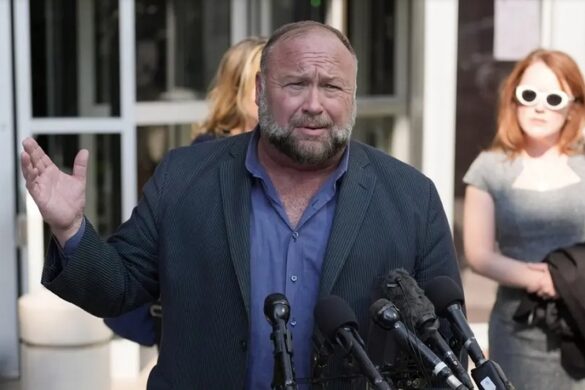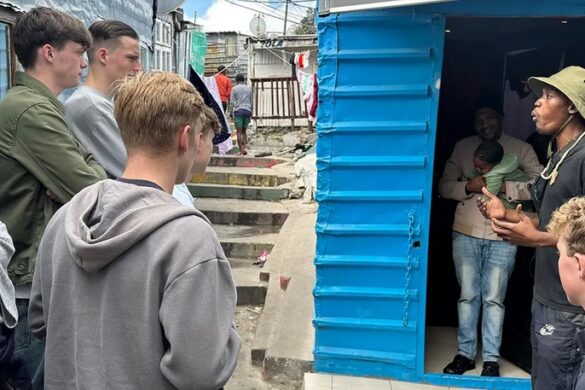
No Prospect of Exchange
US reporter Evan Gershkovich cannot hope to be released soon even after a year in Russian custody. His family strives to maintain optimism, while colleagues urge the government to do more.
“We remain optimistic because we know that the US government takes Evan’s case very seriously,” says the mother of the journalist detained in Russia, Ella Milman. She herself fled from the Soviet Union with her husband at the end of the 1970s. Since then, the family has resided in New York and Princeton, New Jersey, where Evan Gershkovich was born in 1991.
“The game is over if you allow pessimism,” Gershkovich’s mother stated in a TV interview with ABC News. “In our family, we always say, we look forward.”
Fortunately, Milman is in regular contact with her son, who has been in Russian custody for a year on suspicion of espionage. “We write each other letters,” she says, “Evan is trying to protect us. We protect him.”
Colleagues remind about the detainee
On the anniversary, the case is receiving more attention again: Emily Wilkins, President of the National Press Club, recalled during a panel discussion in Washington that for the first time since the Cold War, an American journalist is imprisoned in a Russian jail.
Just recently, the pretrial detention was extended by three months until the end of June, but few in the US believe that the 32-year-old Wall Street Journal reporter will be exonerated and released by the Russian justice system.
“In 99 percent of similar cases, espionage suspects in Russia are also convicted,” points out Jason Conti, a legal expert working for the economic news platform Dow Jones.
“No super lawyers will swoop in and get him out,” says Conti, “this must be resolved through diplomatic means.” In other words, all hope rests on the Biden administration.
Biden’s Promise
His government works around the clock to bring Evan and former elite soldier Paul Whelan, who has been in Russian custody since 2018, back home, US President Joe Biden recently promised in his State of the Union address.
Wilkins from the National Press Club urges that these words be followed by more committed actions: “You must do more, you must work harder for journalists!”
Gershkovich, who learned his fluent Russian at home, is also missed by his newspaper as a knowledgeable reporter, says Emma Tucker, Editor-in-Chief of the Wall Street Journal: “Now we have no one on the ground in Russia,” she laments.
The Wall Street Journal is not alone in this situation; other US media outlets had all withdrawn their correspondents after Gershkovich’s arrest. This is the broader dimension of the case.


